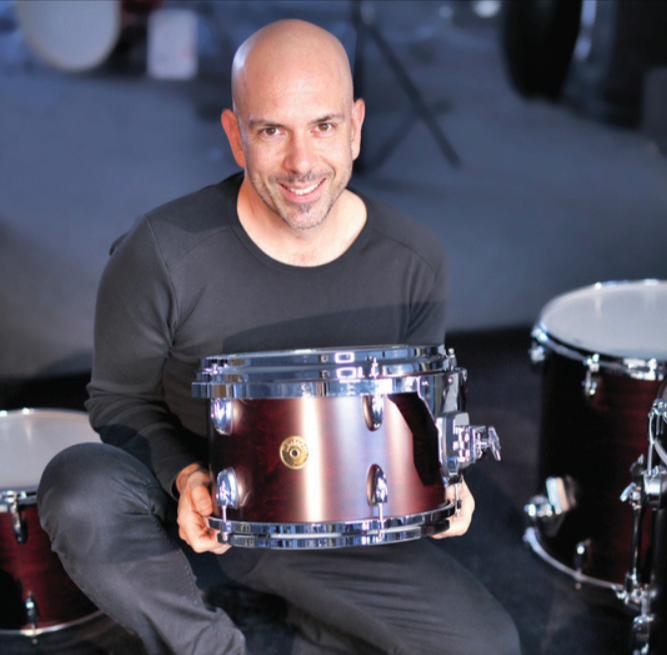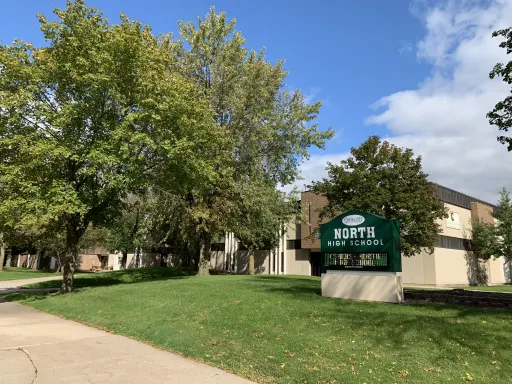Do you remember when you were in middle school and you heard about freshmen getting bullied in the bathrooms by seniors? Well, surprisingly, it’s not too far from the truth.
This is why Oshkosh North, like many other schools, instituted a “No Phones in the Bathrooms” policy in order to combat invasions of privacy, phone misuse, and students feeling unsafe in the bathroom.
Robin Speidel, the Assistant Principal, said “There should be no need for the phone in the bathroom as it is a school day and our goal is learning, therefore, bathrooms are to be used for bathroom/hand washing needs and then returning to class.”
One reason students cannot have phones in the bathroom is because it could potentially violate the privacy of other students. Sophomore Connor Kuhen recalls when in the eighth grade he witnessed someone using their phone inappropriately in the bathroom.
“I didn’t say anything about it because I wasn’t the type to say anything…I didn’t pay too much attention…but all I saw was that he slipped his phone underneath the stall and they just started laughing.”
This is not an uncommon event, as there have been multiple occasions in which students have experienced improper phone use in the bathrooms.
Kara Bentle, another sophomore, said, “This one girl was sending nudes to her boyfriend in the bathroom…during school.”
Although minors at the time, the students in the previous scenarios could have been charged with child pornography or child enticement in the state of Wisconsin, which are serious offenses.
At Charleston County School District, a school is currently being sued after another student posted a picture on social media of an autistic ninth-grader using the bathroom. She was on an IEP program and was supposed to have an adult with her whenever she had to use the bathroom. However, when the picture was taken, there was no adult there to protect her privacy. The question is, if she hadn’t had her phone, would the legal damage have been as extensive?
Speidel said, “Whether a bathroom or locker room, this type of privacy violation can become a criminal matter which we can completely avoid by not having phones in this area.”
Banning phones from bathrooms will not completely solve the issue of others invading people’s privacy, but it can stop it from becoming a legal issue.
Most students, however, still dislike the policy.
Seth Hansen, a senior, said, “I don’t like leaving my phone behind in a room with a bunch of strangers. There’s a lot of information on my phone.” Bentle and Kuehn, despite their firsthand experiences, also still prefer bringing their phones into the bathroom.
“What if a fire drill goes off…or an [active gunman] comes into the school, and I’m not aware of that situation?” Bentle said. She claims her phone would help her in this scenario.
Despite these points, there is no compromise for phones in the bathrooms.
Speidel said, “There have been times when a student is feeling overwhelmed and may go to the bathroom to call or text someone for emotional support….we don’t want them in the bathroom trying to find support– we want them to go to counseling, admin, or another trusted adult in the building for support.”
Even with all things considered, the “No Phones in the Bathrooms” policy will stand to protect the privacy of all students.





